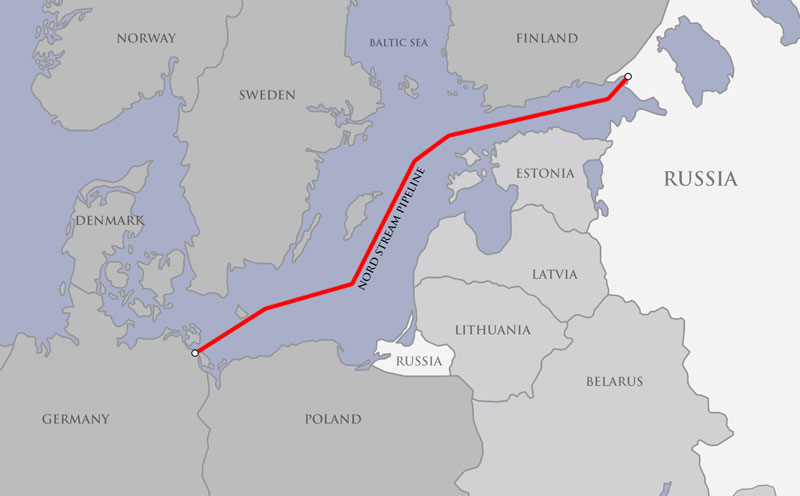
On November 30 ministers from central and southeastern European countries sent a letter to the European Commission to state they believe the expansion of Nord Stream is a threat to European regional energy security.
The document was signed by Hungary, Romania, Estonia, Latvia, Greece, as well as the initiators, Poland and Slovakia. At the last minute the Czech Republic and Bulgaria decided not to sign the letter, Reuters reported.
“Nord Stream 2 would be, above all, detrimental in geopolitical terms . . . for the purpose of exerting more political pressure and applying blackmail on the EU, its eastern member states and its eastern neighbors,” Polish MEP Jacek Saryusz-Wolski said, quoted by FT.
Earlier in September, Gazprom finalized a deal with Germany’s E.ON, BASF/Wintershall, Austria’s OMV, ENGIE of France, and Royal Dutch Shell to expand the pipeline. Gazprom will own a 51 percent stake in the project.
The expansion could increase the current pipeline’s capacity to deliver 110 billion cubic meters annually, or about two-thirds of total EU annual energy demand. The direct Russia-Germany pipeline will cut out Ukraine as a transit state, which could cost Kiev up to $2 billion per year, arguably money the country desperately needs.
This would give Russia and its main gas supplier Gazprom an even tighter grip on the European gas market, the signatories argue.
At present, a double pipeline runs along the seabed of the Baltic Sea and currently delivers about 24 bcm of gas to mostly German buyers. The expansion will broaden that list to include Dutch, French, Danish, and potentially British buyers. In 2014, Europe imported 146.6 bcm of Russian gas, and by 2020, Gazprom predicts imports will increase by more than 200 billion cubic meters.
In theory, Nord Stream offers direct and reliable transport of gas between supplier (Russia) and buyer (Europe), however with politics in play, the story gets more complicated. The South Stream project, intended to run through Bulgaria, Slovakia, and other eastern and central European countries, was blocked by the European Commission on the grounds it violated anti-monopoly laws.
The two expansions of Nord Stream are expected to be complete by the end of 2019 and 2020, and will cost around €10 billion, according to Gazprom CEO Alexey Miller.
